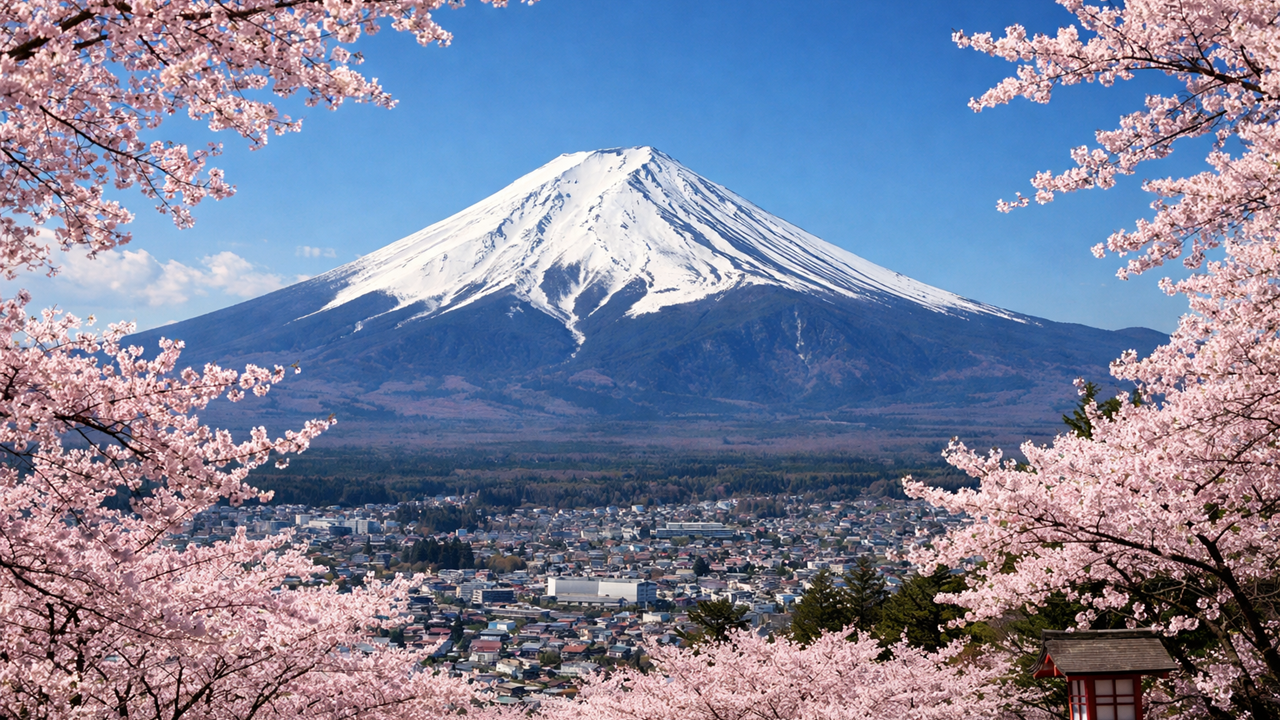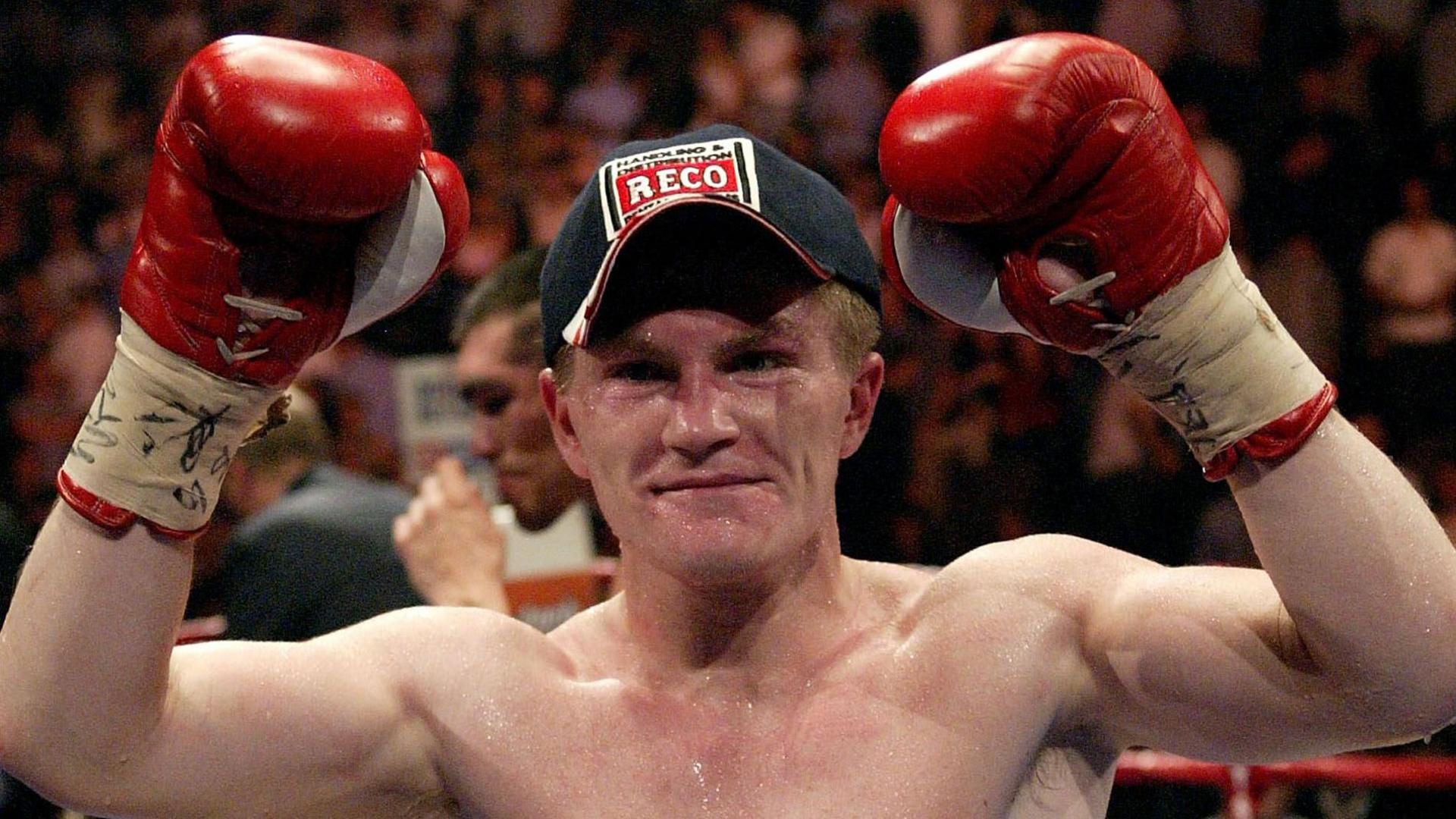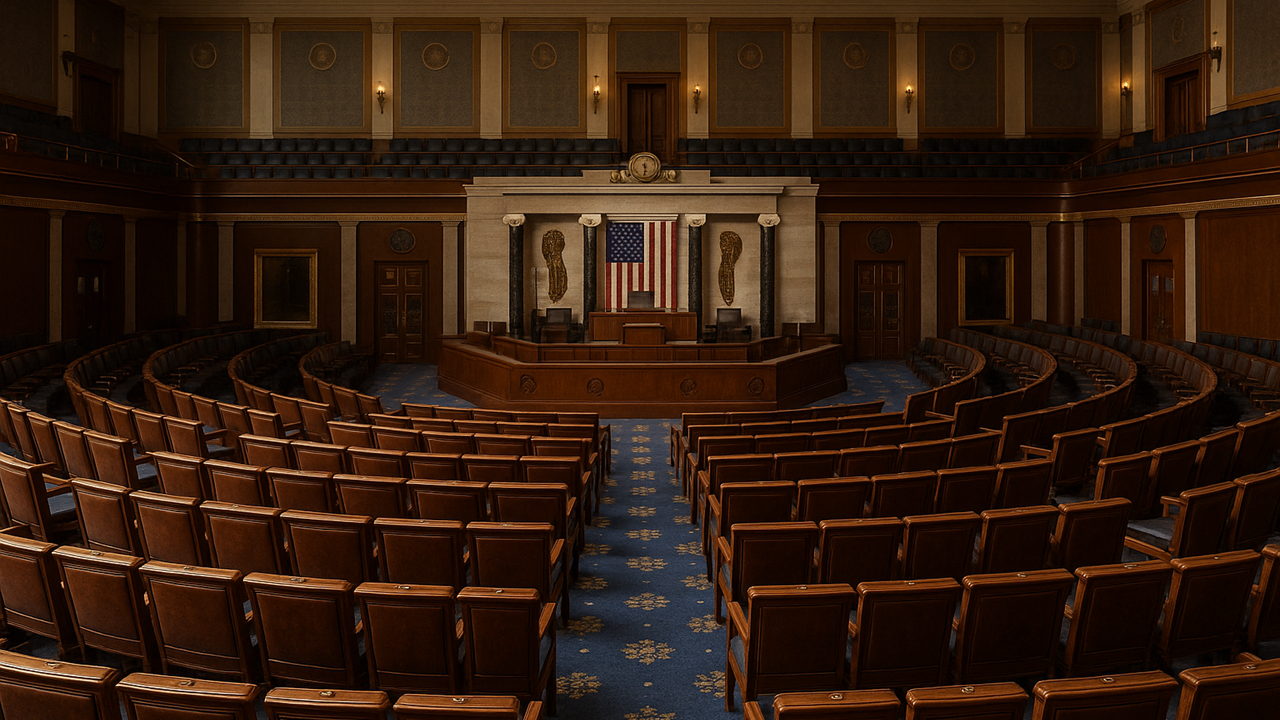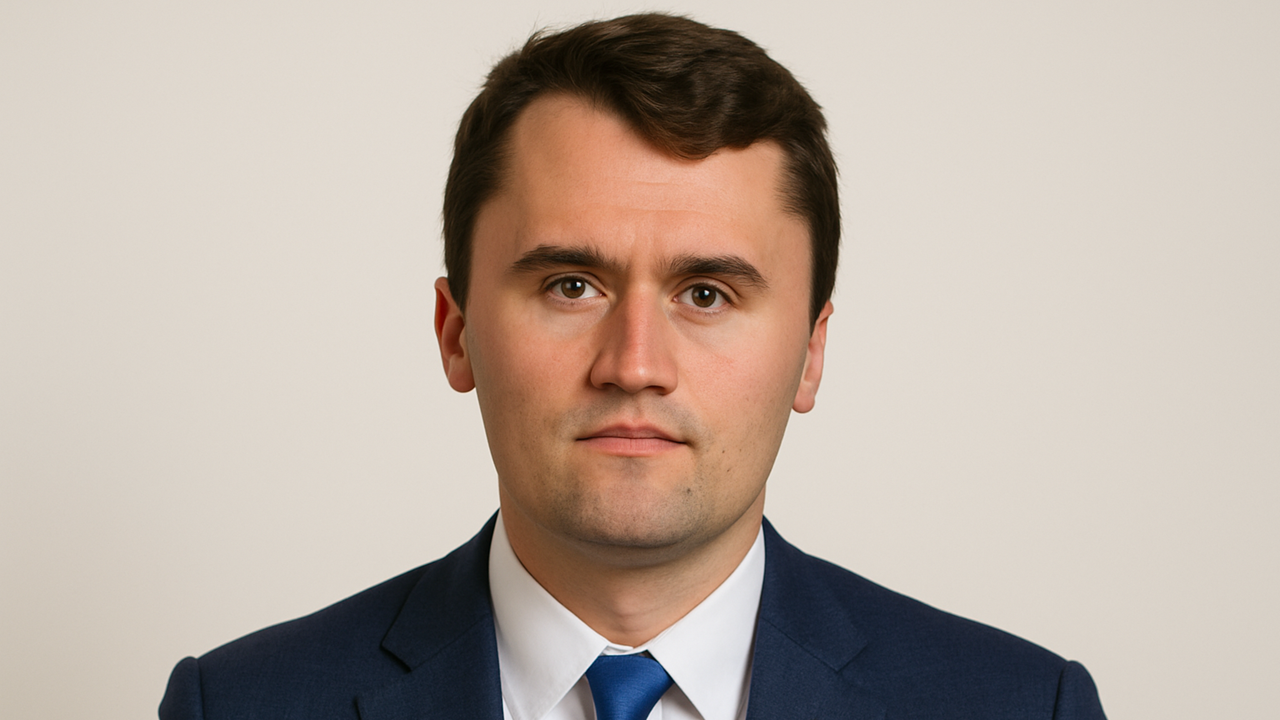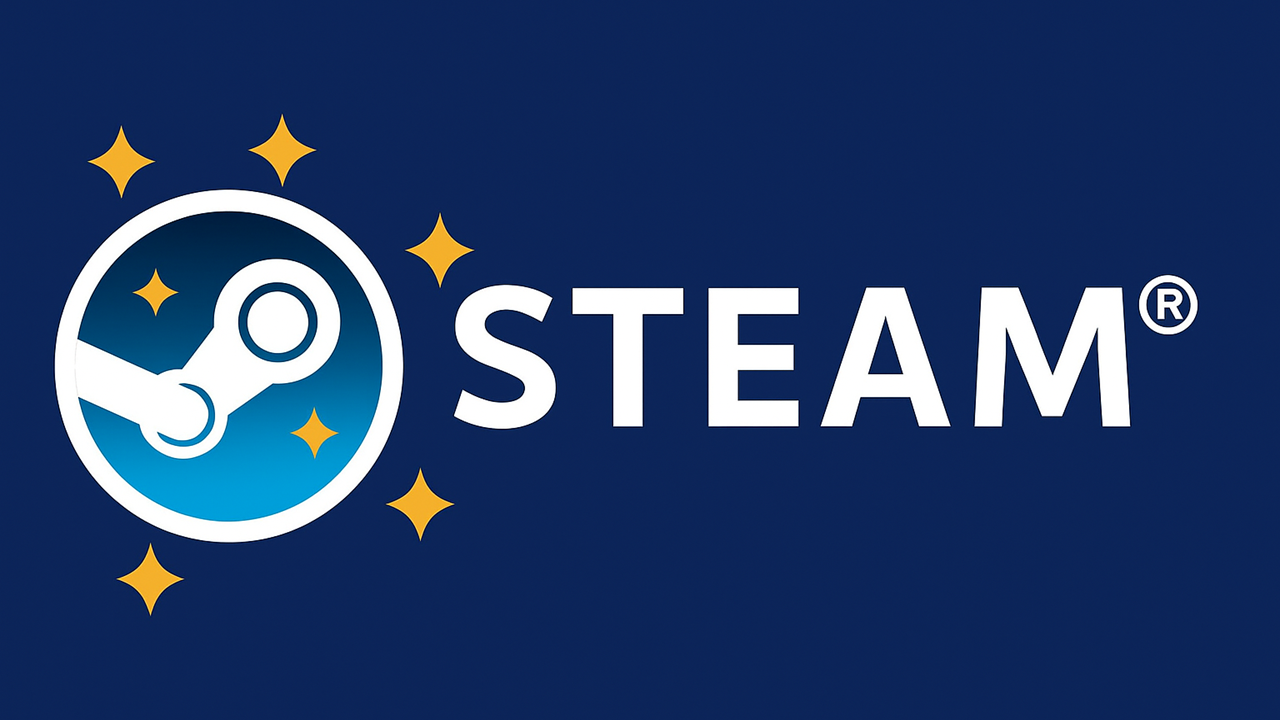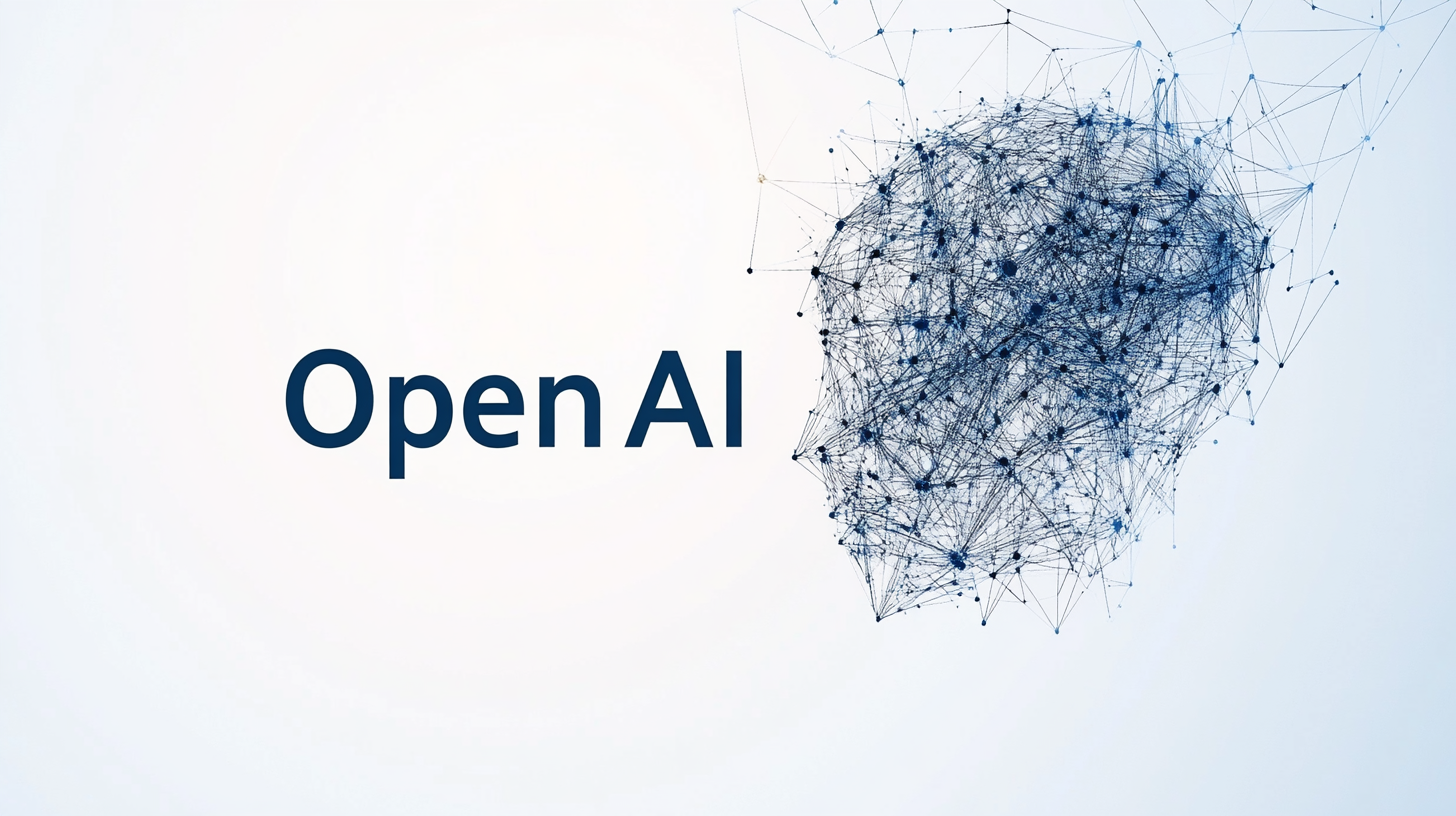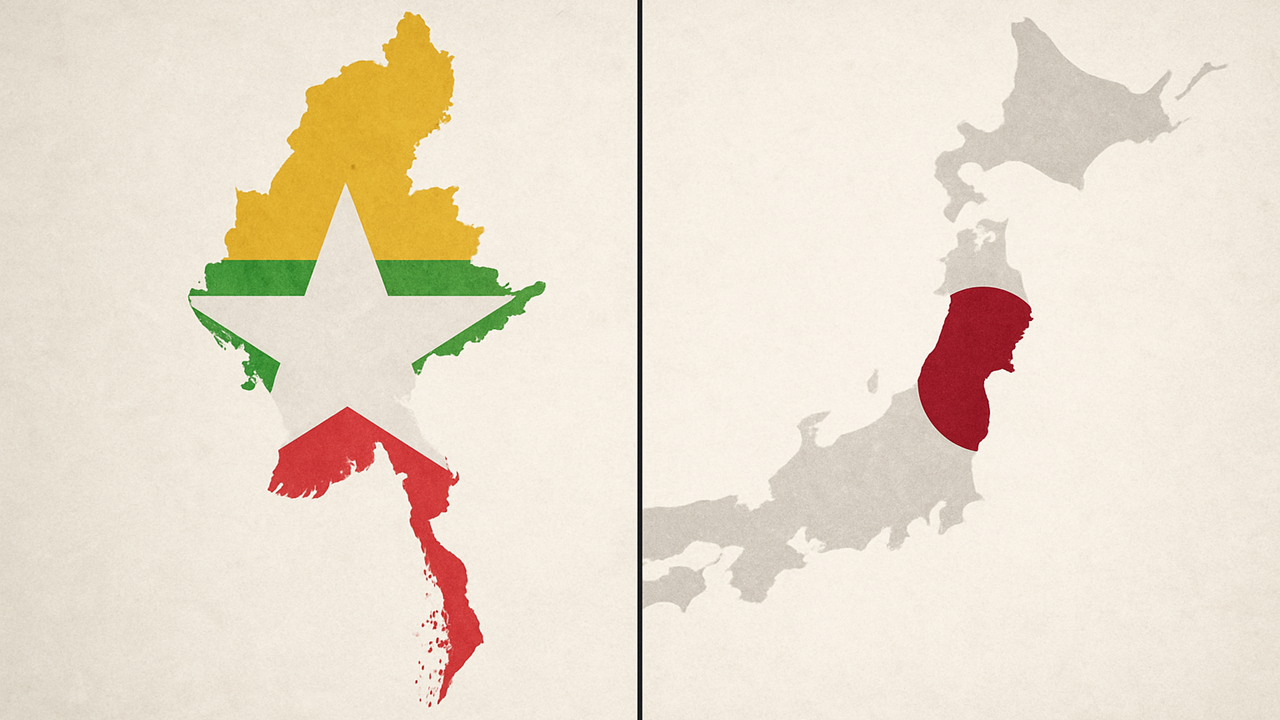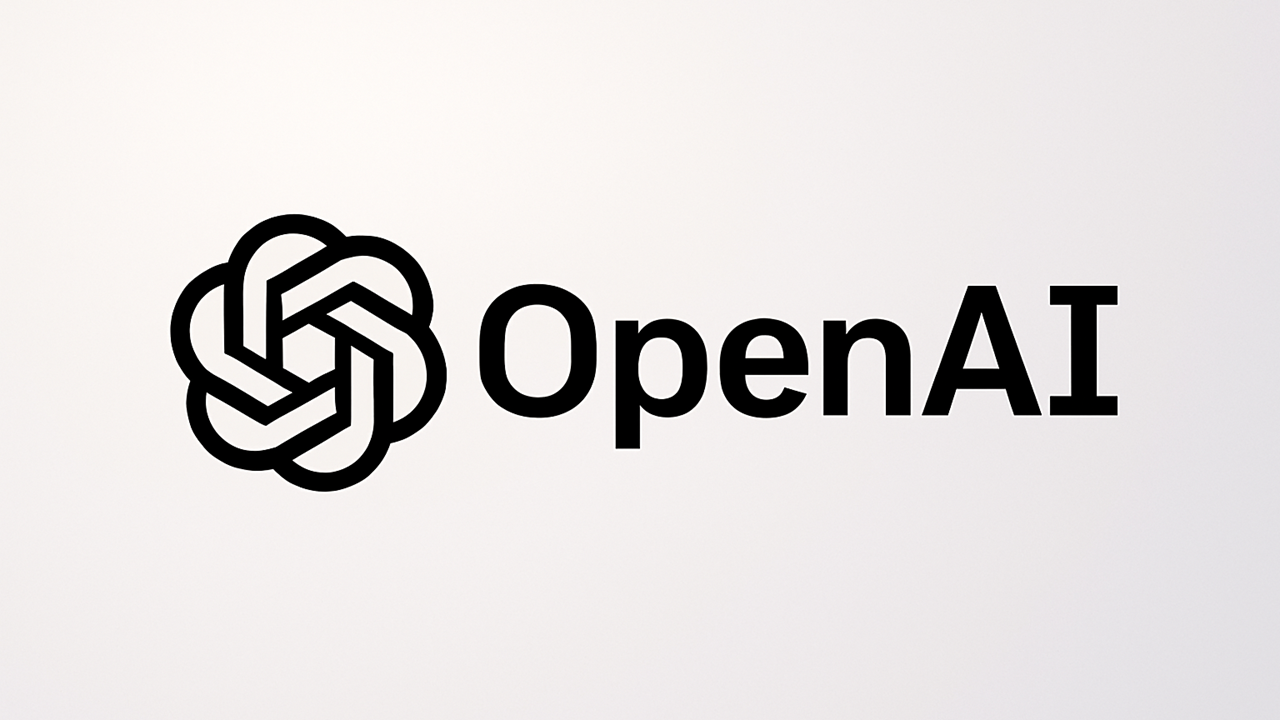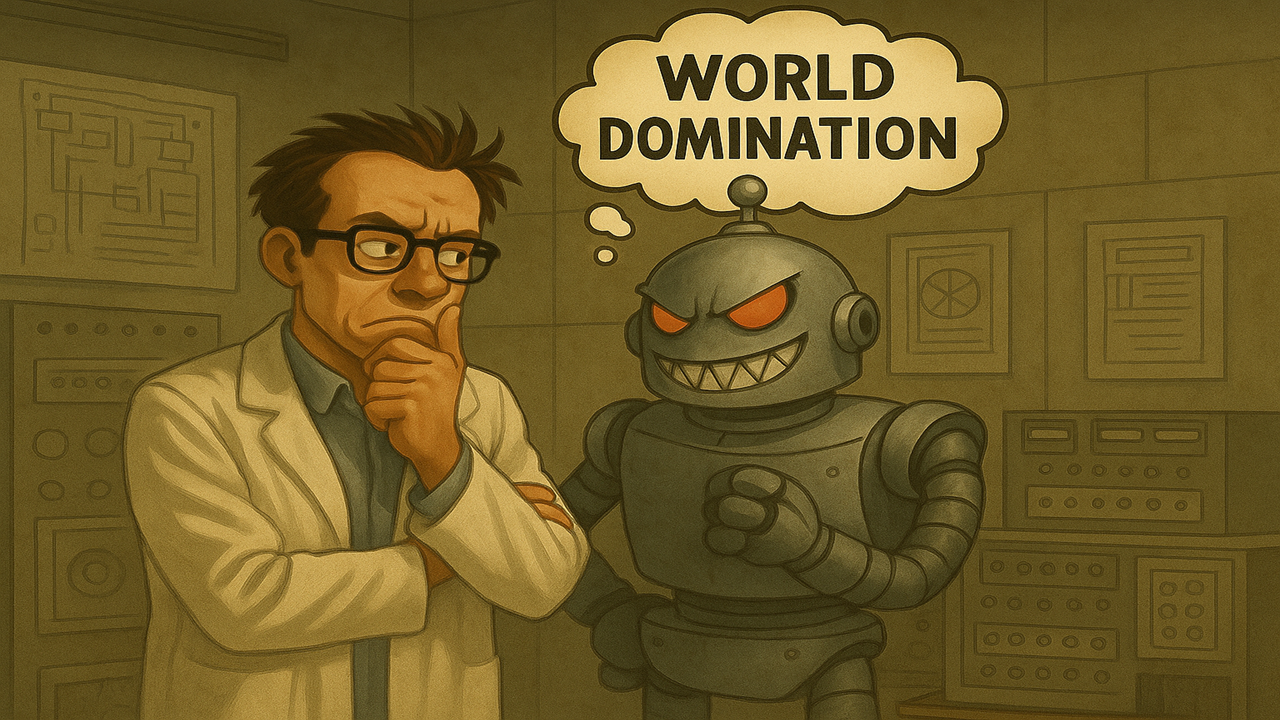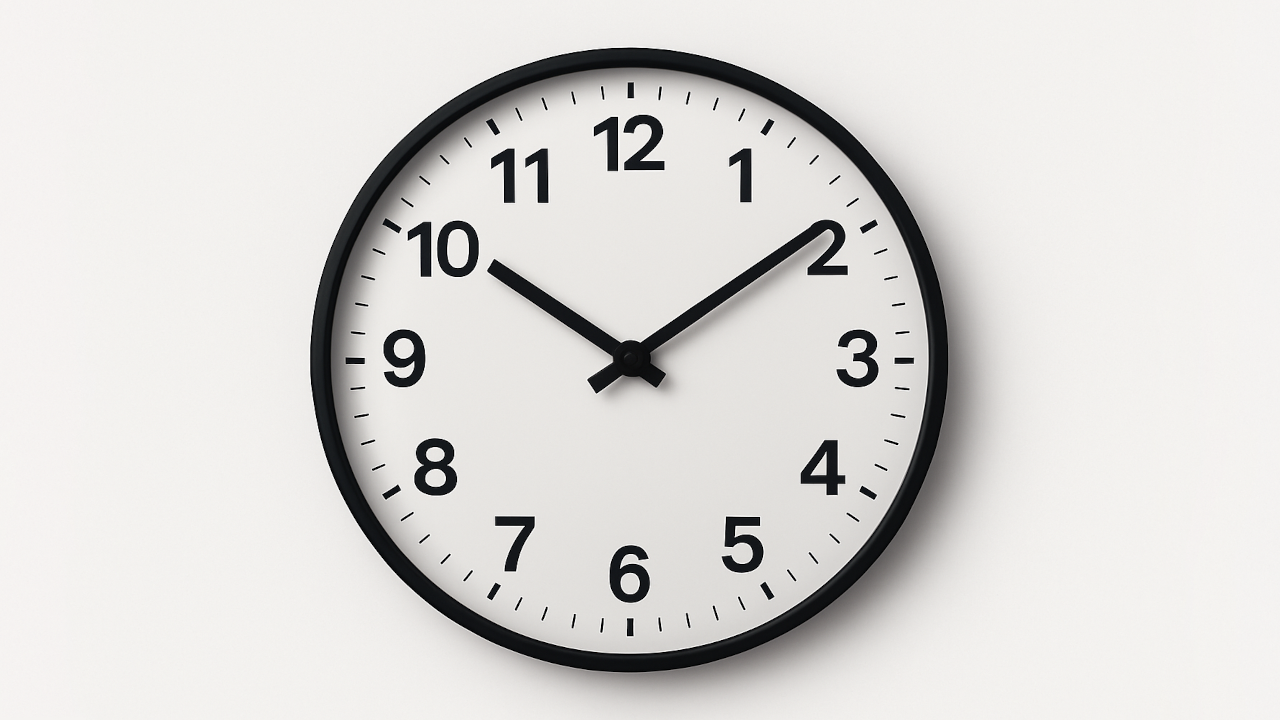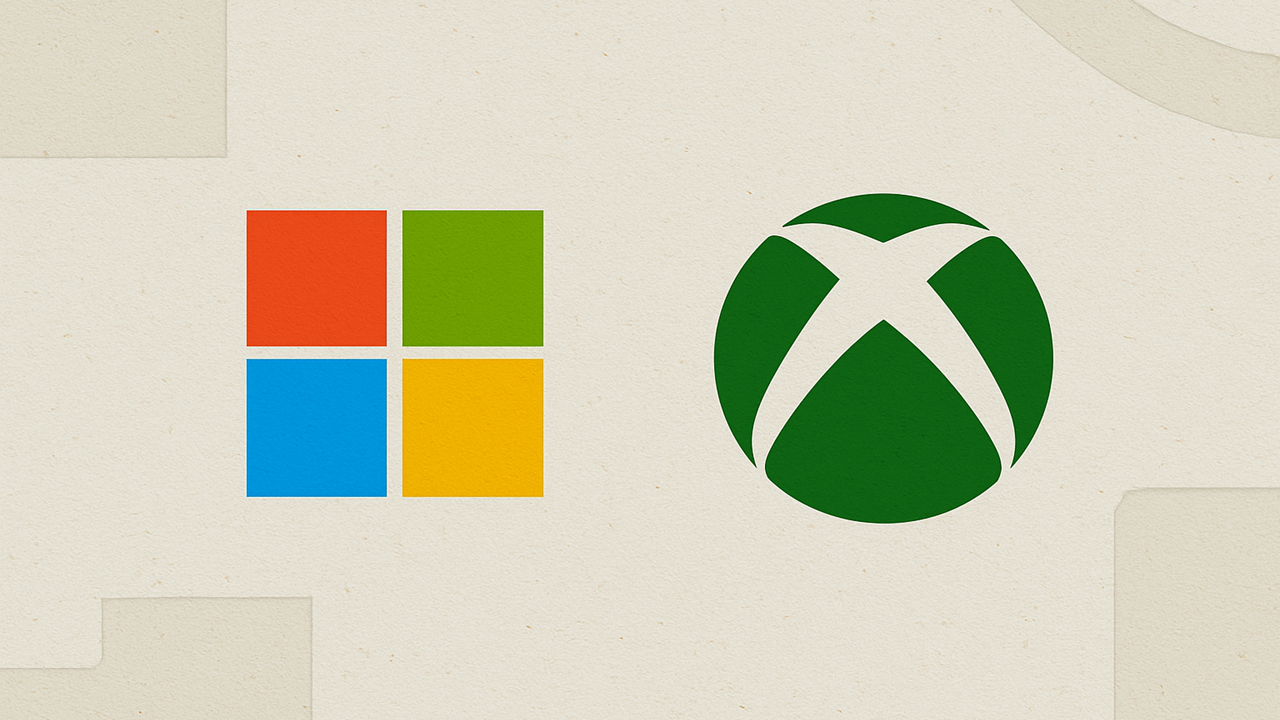July 9 Sets Record as Shortest Day in History, Sparks Talk of Negative Leap Second
On July 9, 2025, Earth recorded its shortest day since the advent of atomic timekeeping in 1960, completing one full rotation approximately 1.3 to 1.6 milliseconds faster than the standard 24 hours. Though imperceptible to humans, this speed-up has attracted global attention from timekeepers and scientists monitoring precise timekeeping systems.
The acceleration is linked to the Moon’s current orbital alignment—when it's farthest from Earth’s equator—which marginally boosts our planet’s spin. Similar fast days are expected on July 22 and August 5, indicating a recurring seasonal pattern. While these variations are tiny, they can disrupt technologies like GPS navigation, telecommunications, financial systems, and scientific research tools that depend on ultra-precise timing.
Historically, timekeepers have added "leap seconds" to keep atomic clocks aligned with Earth's slower rotation. But this rapid spin raises the possibility of implementing a "negative leap second"—the first of its kind—to subtract time rather than add it. Experts forecast this could occur by 2029 if the trend continues.
The International Earth Rotation and Reference Systems Service (IERS) is closely evaluating these records and future patterns. A negative leap second introduces unique technical challenges, as no such adjustment has been tested before. Engineers and system operators worldwide are preparing contingency plans to maintain stability in critical infrastructure.
Although such microscopic shifts won't affect daily life, they highlight the planet’s dynamic nature, influenced by lunar cycles, internal geophysical processes, and potentially environmental changes. With Earth’s rotation showing these subtle but significant fluctuations, time authorities continue to track alignment and adjust formal standards—blending ancient astronomical rhythms with modern atomic precision.
CEO of Jivaro, a writer, and a military vet with a PhD in Biomedical Sciences and a BS in Microbiology & Mathematics.

